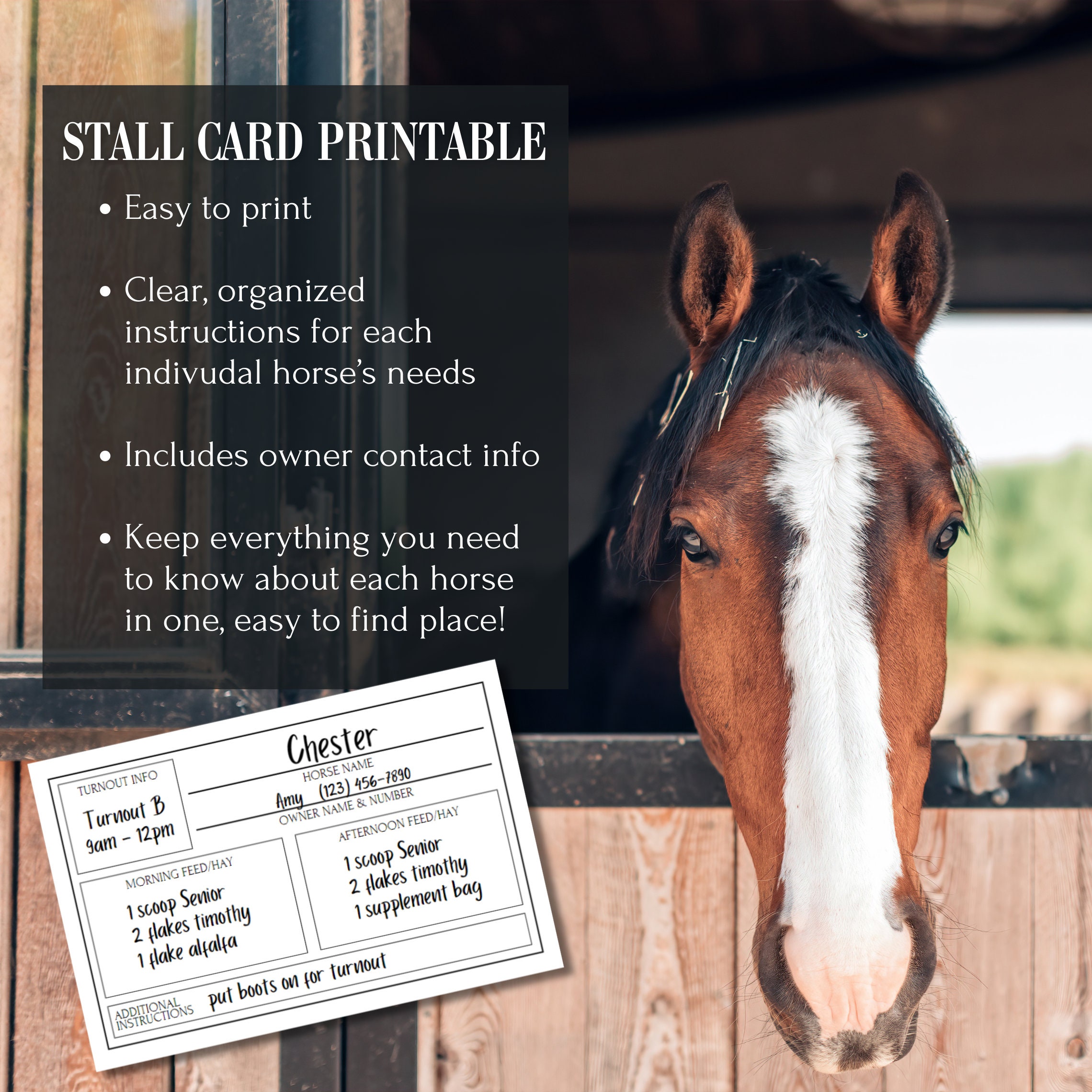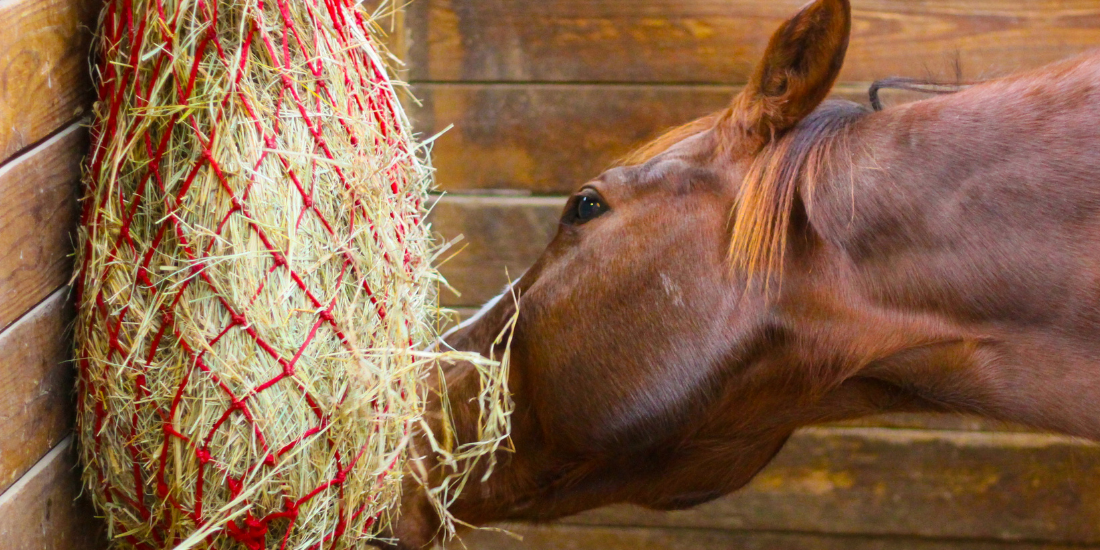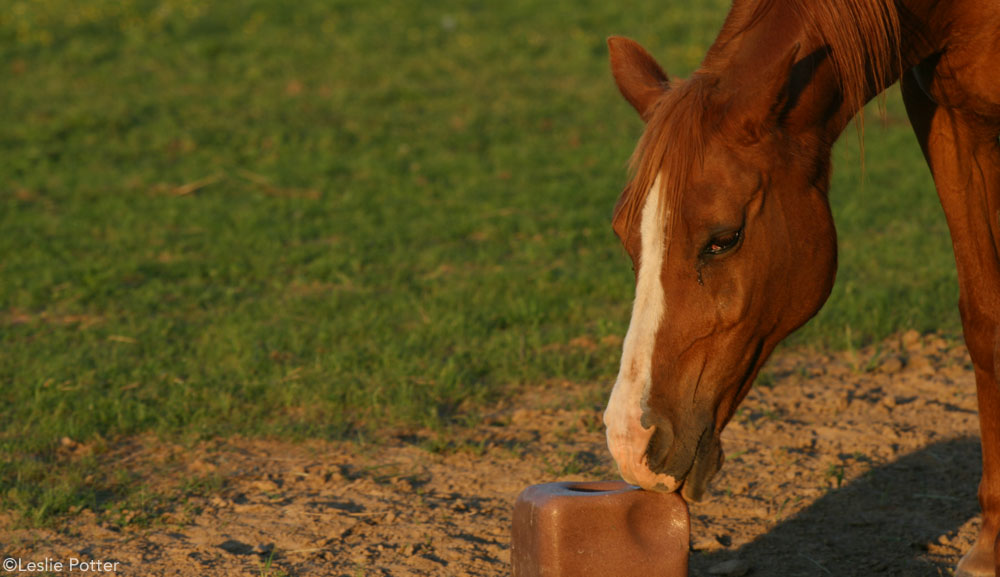Feeding Schedule for Stall-Kept Horses: A Comprehensive Guide

Maintaining a proper feeding schedule for stall-kept horses is essential for their health, well-being, and performance. Horses kept in stalls require a carefully planned diet and feeding routine to mimic their natural grazing habits and prevent digestive issues.
Why a Feeding Schedule Matters

Horses are natural grazers, designed to eat small amounts of forage throughout the day. When confined to a stall, their feeding routine changes drastically, which can lead to problems such as colic, ulcers, and behavioral issues if not managed properly.
Key Components of a Feeding Schedule
| Component | Description | Frequency |
|---|---|---|
| Forage (Hay/Grass) | The foundation of a horse’s diet, providing fiber and nutrients. | 3-6 times daily |
| Concentrates | Grains or pelleted feeds that provide energy and additional nutrients. | 1-2 times daily |
| Water | Fresh, clean water is vital for digestion and overall health. | Available at all times |
| Supplements | Vitamins, minerals, or other additives tailored to the horse’s needs. | As recommended |
Sample Feeding Schedule
| Time | Feed Type | Quantity (approximate) | Notes |
|---|---|---|---|
| 6:00 AM | Hay | 2-3 lbs | Start the day with fresh forage |
| 10:00 AM | Concentrate feed | 1-2 lbs | Energy boost for morning activity |
| 2:00 PM | Hay | 2-3 lbs | Keeps digestion steady |
| 6:00 PM | Concentrate feed | 1-2 lbs | Supports evening energy needs |
| 9:00 PM | Hay | 1-2 lbs | Helps prevent overnight hunger |
Tips for Effective Feeding
- Consistency is key: Feed your horse at the same times every day to maintain digestive health.
- Monitor body condition: Adjust feed quantities based on weight, activity level, and health.
- Avoid sudden changes: Introduce new feeds gradually to prevent digestive upset.
- Provide constant access to water: Hydration is crucial, especially in stall environments.
Frequently Asked Questions (FAQ)
How often should I feed my stall-kept horse?
Most horses do well with 3-6 small meals per day, balancing forage and concentrates.
Can I feed my horse only hay?
While hay is essential, some horses require concentrates or supplements to meet their energy and nutritional needs.
What if my horse refuses to eat?
Check for dental issues, stress, or illness. Consult a veterinarian if the problem persists.
How do I prevent colic in stall-kept horses?
Maintain a consistent feeding schedule, provide plenty of forage, and ensure access to clean water.
Conclusion
A well-structured feeding schedule tailored to the needs of stall-kept horses promotes digestive health, prevents common ailments, and supports overall well-being. By understanding the components and timing of feeding, horse owners can ensure their animals remain healthy and happy in a stall environment.
